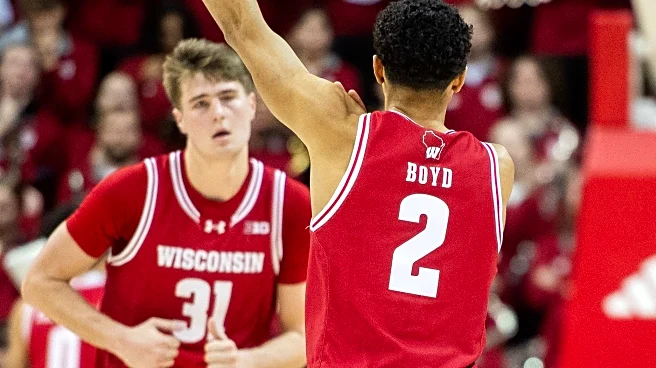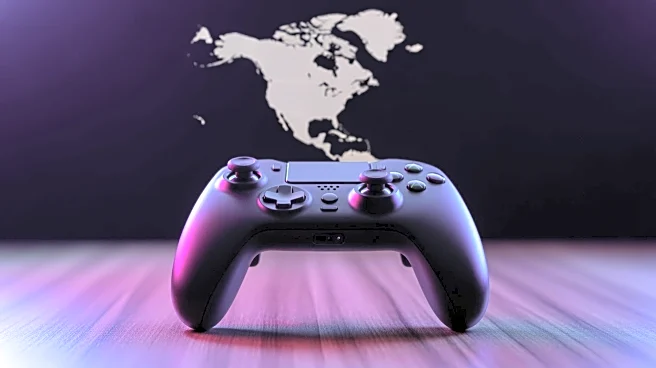Rapid Read • 8 min read
The cosmetics industry is focusing on Gen Z consumer trends as they are projected to become the wealthiest generation by 2030, with spending power estimated at $12 trillion. Contrary to popular belief, Gen Z is not impulsive in their shopping habits, preferring to discover brands gradually through both in-person and online experiences. Influencers have less sway over Gen Z, with expert voices like dermatologists and makeup artists holding more influence. Gen Z consumers are willing to spend the most on skincare, followed by hair care, makeup, fragrance, and wellness. The trend towards fragrance spending has increased, with many purchasing without smelling first due to detailed online education. Brands are advised to focus on sustainability, transparency, and aesthetics to appeal to Gen Z, who are reshaping the industry with their preferences.
AD
Understanding Gen Z's preferences is crucial for brands aiming to capture their significant spending power. As Gen Z values sustainability and transparency, companies must adapt their strategies to meet these demands. The shift in influence from traditional celebrities to expert voices indicates a change in marketing dynamics, requiring brands to engage with consumers through authentic and knowledgeable channels. The increase in fragrance spending highlights the importance of online education and influencer content in driving consumer behavior. Brands that successfully align with Gen Z's values and preferences stand to gain a competitive edge in the market.
Brands will need to continue adapting to Gen Z's evolving preferences, focusing on sustainability and transparency. The cosmetics industry may see an increase in hybrid formulas and self-care messaging to appeal to Gen Z's emotional connection to skincare. Companies might explore multi-scent strategies to cater to Gen Z's preference for 'wardrobe' fragrances. As Gen Z seeks to improve their makeup skills, there is an opportunity for brands to provide educational content and products that meet this demand. Building long-term relationships with Gen Z consumers will be key to capturing their future spending power.
The shift in Gen Z's shopping habits reflects broader cultural changes, including a move away from traditional influencer models towards more authentic and expert-driven content. This generation's focus on sustainability and transparency may drive industry-wide changes, influencing product development and marketing strategies. The emphasis on self-care and emotional connection to products could lead to a more personalized and holistic approach to beauty and wellness. As Gen Z continues to shape industry standards, companies will need to innovate and adapt to remain relevant.
AD
More Stories You Might Enjoy












